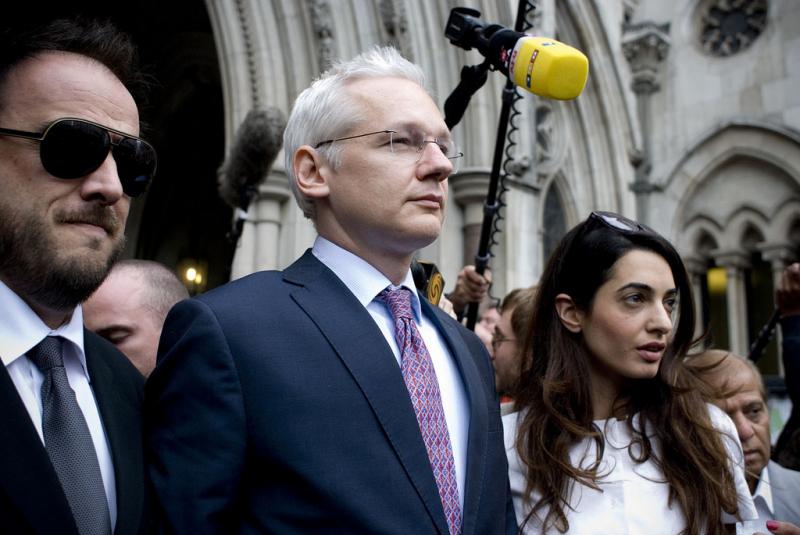WikiLeaks Founder Julian Assange Continues To Lose His Credibility

The biggest news story to close out 2010 was the rise of WikiLeaks. As cable after cable appeared in the world’s newspapers, and as the governments of the globe disassembled, journalists, activists and citizens raised their voices in defence of the website and its controversial founder. But what has happened to the website that so many people zealously defended a year or two ago?
The answer lies in the dwindling credibility of its founder, Julian Assange. After releasing more than 250,000 revealing diplomatic cables, including appalling information regarding the wars in Iraq and Afghanistan, it still seems that Wikileaks has no specific theme or specific agenda. If that were not enough, it was later reported that Assange is featured on Interpol’s most wanted list for alleged sexual offenders, and is facing official calls for extradition. If the ambiguity of Assange’s political stance and Wikileaks’ unspecified themes don’t baffle the audience, the charges on Assange sure do crumble the website’s claims to legitimacy and ethics.
Clearly, Julian Assange is losing his credibility. To shift the discussion back to the purpose of the site, through interviews and in articles and video logs, the WikiLeaks leader is painting a picture of the website’s purpose. Assange writes:
“To radically shift regime behavior we must think clearly and boldly for if we have learned anything, it is that regimes do not want to be changed. We must think beyond those who have gone before us, and discover technological changes that embolden us with ways to act in which our forebears could not. Firstly we must understand what aspect of government or neocorporatist behavior we wish to change or remove. Secondly we must develop a way of thinking about this behavior that is strong enough carry us through the mire of politically distorted language, and into a position of clarity. Finally must use these insights to inspire within us and others a course of ennobling, and effective action.”
Assange's doctrine is simplistic, and rather hypocritical. If secret communication is linked to authoritarianism, then why is WikiLeaks itself so secretive? Why is its leader so frequently unable to be located? The answer is obvious: if WikiLeaks was open rather than secretive, it would face effective opposition. By Assange's own metric, WikiLeaks is as much an authoritarian conspiracy as the United States government.
The U.S. government and its allies may do objectionable things, but their security services and militaries carry out vital work. Crippling them is not a goal worthy of praise. It is absurd to argue that there are no good reasons for a state to keep secrets. If one does take that position, it is even more ridiculous to imply that WikiLeaks, a renowned organisation with global reach, is exempt from the same standards.
Assange's motto of transparency in the exercise of power is both incoherent and intellectually dishonest. He should present himself as what he is: an opponent of U.S. foreign policy.
Regardless of Assange’s own personal stance on the issues, and what he seems to be doing to improve his reputation as the founder of Wikileaks, it is important not to be a woeful and a zealously romantic supporter of his whistle-blower website. By not willingly turning himself in to face proper judicial procedures to prove his innocence on the charges he faces, Assange is not only on the path to defame the influence of Wikileaks had over the last few years, but his actions are also negatively affecting the influence and prominence of whistle-blowing activity as a whole.
Reach Contributor Naina Sethi here.



